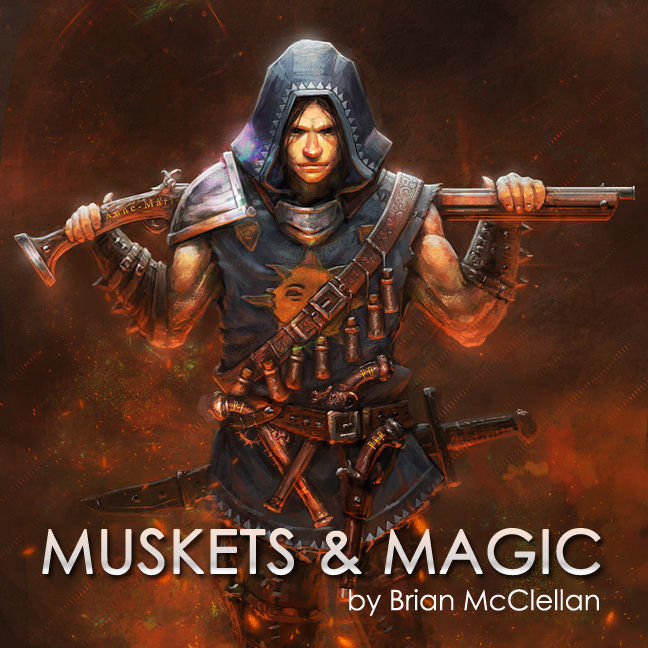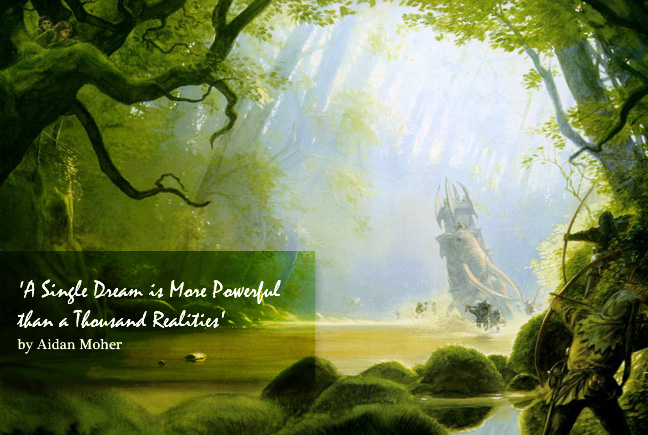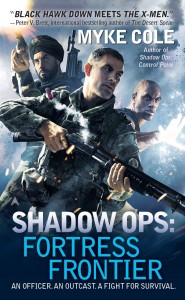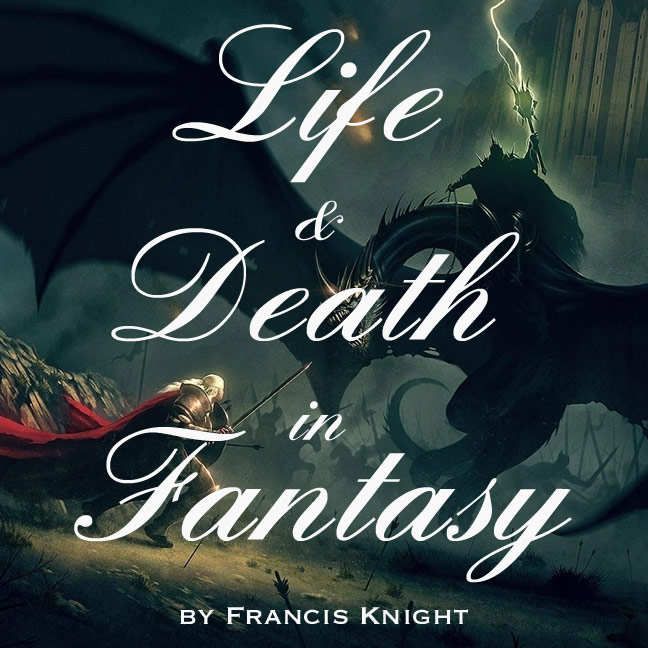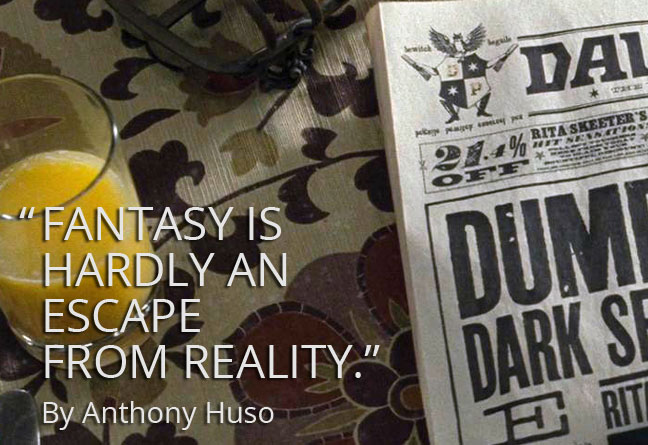
With each passing year, I find it harder to wrap my head around the fast-fading memory of a time when media was not, with its informational and emotional impact on our world, a graven image on the mountain top, mouth agape, roaring.
Before anyone gets the wrong impression, I agree with you. The internet is a wonderful thing. My twelve year old can gaze into the palm of her hand and “see” that eight miles to the west there is a frozen custard shop, that it’s open, and that her friends have arrived there. She has more access to insight and divination in the palm of her hand than King Solomon ever had. “Hey, dad. It’s going to snow on Friday.” Power on this scale would have made her my court magician in a different era.
But we all know there is a darker side to this coin.
Consulting with demons for insight often gets you tricked. Just the other day, my co-worker mistook a gag news article for the real deal and told the whole studio that the Pope had decided not to resign after all. That’s right, the pontiff was taking his hat back. And no matter what you believe about Julian Assange, it’s irrefutable fact that in the aftermath of the greatest military leak in history he was attacked and to a large part neutered by events (real or fabricated) that were scooped and fed to us world-wide. If I’m not mistaken, he’s still living in an embassy, barely out of reach from hands that would like to strangle him for good. Read More »
